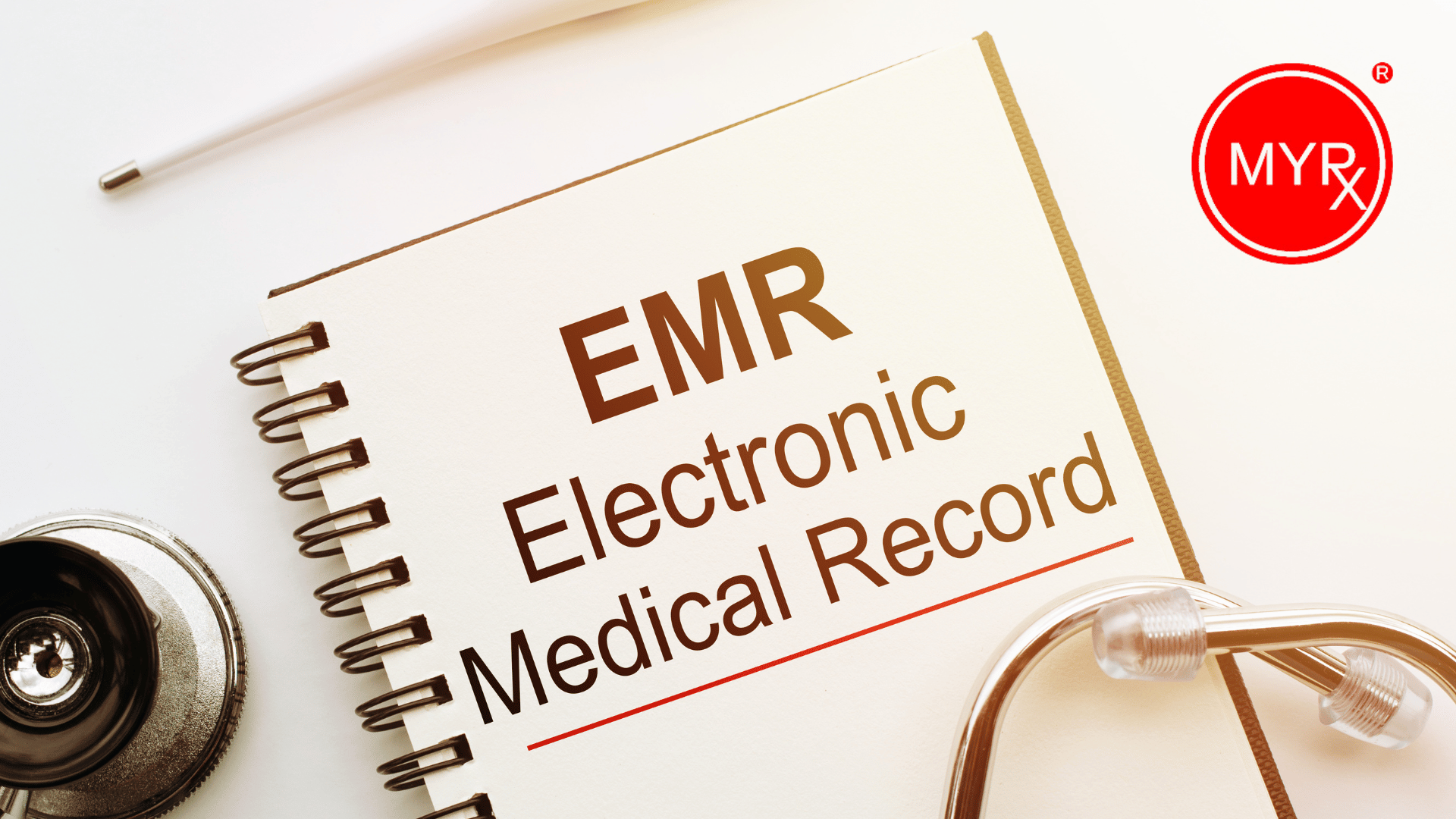
Enhancing Patient Care: How EMR Systems Revolutionize Medical Record-Keeping for Physicians
Introduction
In the era of digital transformation, electronic medical record (EMR) systems have emerged as a powerful tool for physicians, revolutionizing the way medical records are created, stored, and accessed. By replacing traditional paper-based systems, EMR systems offer a myriad of benefits that significantly enhance patient care. This article explores the advantages of EMR systems and how they have revolutionized medical record-keeping for physicians, leading to improved healthcare outcomes.
Comprehensive and Centralized Patient Information:
EMR systems consolidate all patient information into a centralized electronic database. Doctors can access a patient's complete medical history, including past diagnoses, treatments, medications, allergies, and test results, at the click of a button. This comprehensive view enables physicians to make informed decisions, avoid duplicative tests, and deliver personalized care based on accurate and up-to-date information.
Real-Time Data Availability:
One of the key advantages of EMR systems is the ability to access real-time patient data. Doctors can view live updates of test results, radiology images, and other critical information, facilitating timely diagnosis and treatment decisions. This real-time availability of data empowers physicians to provide prompt and effective care, particularly in emergencies.
Streamlined Workflows and Efficiency:
EMR systems streamline administrative tasks and workflows, saving physicians valuable time. Tasks such as appointment scheduling, prescription ordering, and documentation can be automated, reducing paperwork and administrative burden. With improved efficiency, doctors can dedicate more time to patient care, fostering better physician-patient relationships.
Improved Communication and Care Coordination:
EMR systems facilitate seamless communication and collaboration among healthcare providers. Physicians can securely share patient records, treatment plans, and notes with specialists, nurses, and other members of the care team. This enhanced care coordination ensures continuity of care, reduces medical errors and promotes a holistic approach to patient treatment.
Decision Support Tools and Clinical Alerts:
EMR systems often incorporate decision support tools and clinical alerts to assist physicians in making informed decisions. These tools can include drug interaction warnings, dosage calculators, preventive care reminders, and evidence-based guidelines. By leveraging such tools, doctors can enhance patient safety, ensure adherence to best practices, and optimize treatment outcomes.
Data Analytics and Population Health Management:
EMR systems enable data analytics and population health management capabilities, allowing physicians to analyze large datasets and identify trends, patterns, and risk factors among their patient population. This data-driven approach helps doctors proactively address public health issues, implement preventive interventions, and improve population health outcomes.
Conclusion
EMR systems have revolutionized medical record-keeping for physicians, offering a host of benefits that enhance patient care. From comprehensive patient information and real-time data availability to streamlined workflows and improved communication, EMR systems optimize physician efficiency and enable evidence-based decision-making. As healthcare continues to advance, the adoption and integration of EMR systems will play a pivotal role in delivering high-quality, patient-centered care, ultimately leading to improved healthcare outcomes and a transformed healthcare landscape.